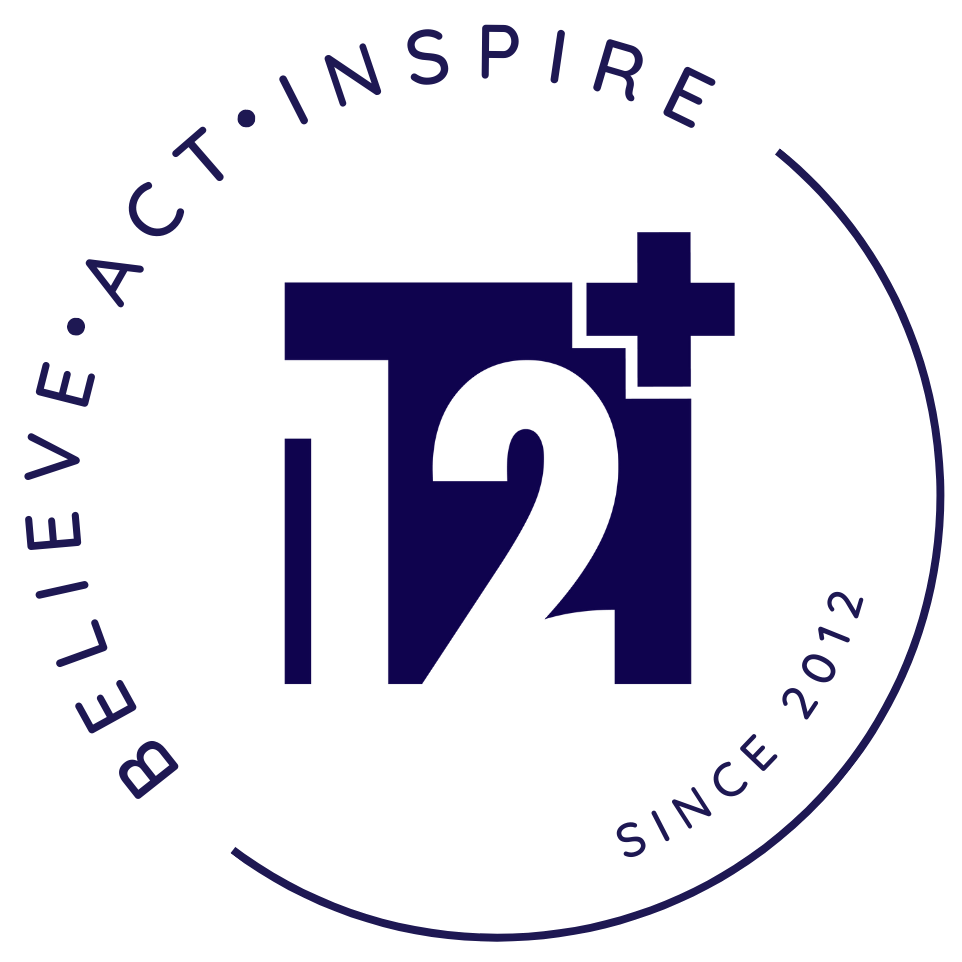Life of a Fellow: Thu
Meet Thu! This Drexel grad, Philly native, and spicy food aficionado is a Fellow at KHSA. She majored in psychology, with a minor in marketing. Outside the PLUS Center, Thu loves to spend time with her family, friends, and dog named Alvin (after Alvin and the Chipmunks!).
During Fellows training in August, the Site Directors were not joking around when they warned the Fellows that “Miss” or “Mister” would be the most commonly used word in the PLUS Centers. Despite their concrete warning, I pushed it to the back crevice of my brain and shockingly experienced it first-hand during one of KHSA’s busiest day at the PLUS Center. It was third period lunch, and students stampeded through the solid wooden doors, dropped their PLUS passes into the blue bucket, pushed and pulled for seats, and competed in a game of rock-paper-scissors of the utmost intensity for Chromebooks. No, not really to that extent, but that scene cinematically played in my mind after I noticed that they, somehow and at some time, had occupied all the blue seats and seized all the remaining laptops. By the way, I titled that scene in my mind “Mission Possible.”
And then it happened. “Miss” was called from every imaginable direction: north, south, east, west, northeast, southwest – I’m sure you get the point. My instincts told me to use my peripheral vision to spot any heads turning, any lips moving and rush to them before “Miss” could even slip off their tongues. “Miss, stop running! You’re going to trip again!” advised one student. Before I could stop in my tracks, the bell had already rung for the transition of periods.
After that lunch period of precisely 30 minutes, I sat down and wondered if I did the “right” thing, attending to all of their questions, requests, and concerns. If I attend to every single one of these, how will they gain the skill of working independently? Will they gain the skill of self-advocacy that we want to instill in them before they commence their post-secondary path? Will they learn to take risks, learn from experiences and consequences, develop positive self-esteem, and gradually increase control over their lives? These questions lingered in my mind for several months, and as I am writing this now, I genuinely believe that I did what I thought was “right.”
The “Mission Possible” scene at the PLUS Center has not played in my head for the past couple of weeks during third period lunch, and it is not because the students have grown highly repulsed by my overly cheerful greetings (I hope). It is because the students have learned the answers to many of their questions, requests, and concerns that were attended to in the very beginning. However, I admit that I have missed the suspense and recurring amounts of adrenaline that third period lunch awarded me.
In retrospect, I also recognized that self-advocacy was indeed practiced by the students throughout the days at the PLUS Center. Self-advocacy does not mean that the students have to do it all by themselves without the help of others. They recognized their needs and rights, voiced their concerns and opinions, and learned how to properly advocate for themselves and their peers. Every single thing the students asked and voiced was important, and I am immensely proud to say that I am rewarded on a daily basis with the opportunity to be the friend, advisor, and mentor available to answer their limitless queries.
After months of working with seniors on their college applications and FAFSAs, traffic in the PLUS Center has gradually slowed down. The seniors’ focus has redirected to completion of their Senior Projects and, for the senior students involved in the Career and Technical Education (CTE) Program, preparation for the annual Health Occupation Students of America (HOSA) National Competition located in Lancaster, PA. With the transition of programming, juniors, sophomores, and freshmen have excitedly seeped through our doors throughout the day, and the “Mission Possible” scene replays – in a different way.
In the mornings and lunch periods, determined juniors hurry through our doors and gather around our front desk to sign-up for college campus visits. After informational college sessions, the juniors and sophomores visit the Center with countless questions about how to formulate future educational plans and to share their anxiety about preparing for their post-secondary path. One junior said to me, “Miss, I really thought I had no one in this school to help me.” The feelings of suspense and adrenaline instantly returned to me. I was eager to build a new relationship with N.C., a highly motivated junior who had many important thoughts and concerns that she wanted to express and find answers to.
I hope that I have not skewed the nuance of the word “Miss.” Now, when I hear “Miss” throughout my days, “Mission Possible” plays in my mind, and my coworkers and I actively and simultaneously play the lead role. I am highly anticipating what the rest of the school year will entail and the many meaningful relationships that will be built!





